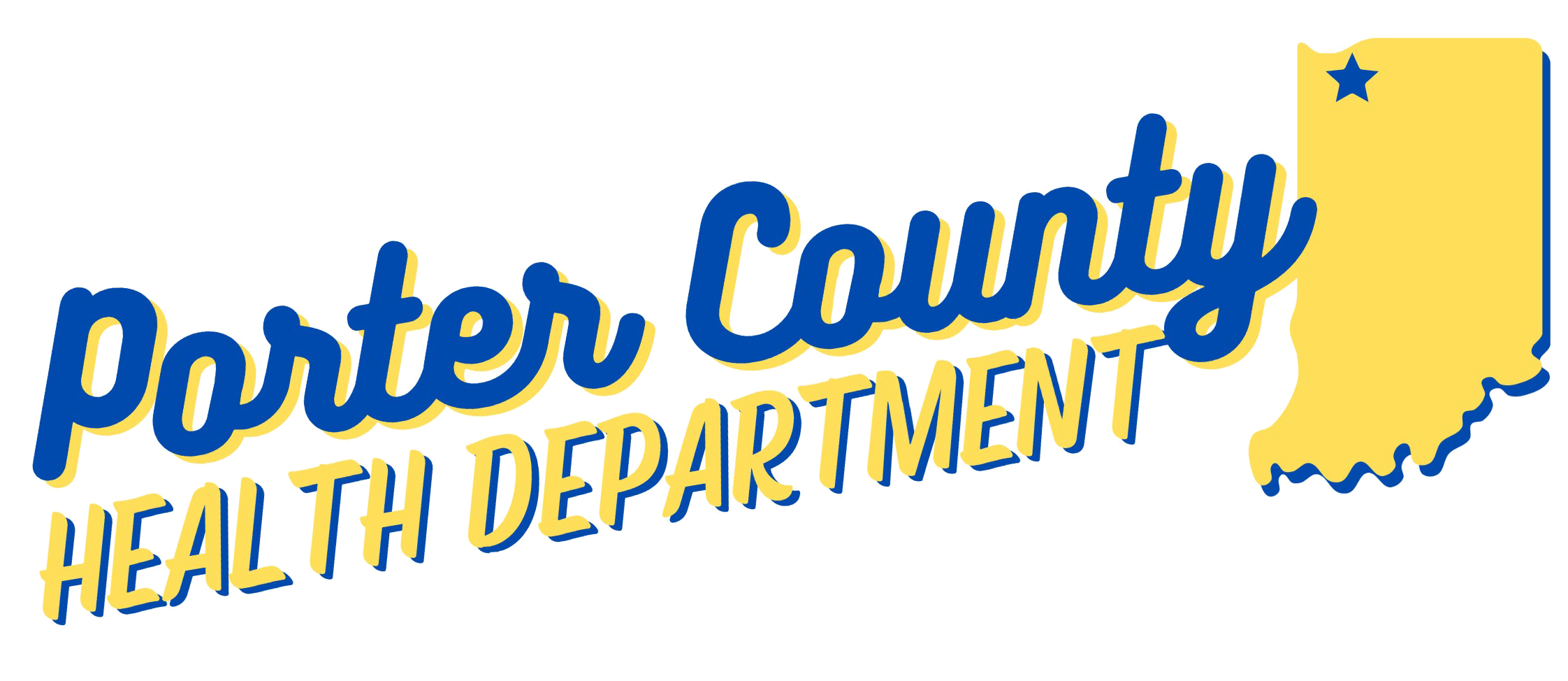Beach Samples
Porter County Health Department takes water samples from the local inland lakes and has the samples tested for E.coli bacteria. The following lakes are sampled: Bradley, Burlington, Edgewater, Hillcrest, Lakeland, Long, Spectacle, and Wauhob (PDF). Sampling is conducted every week starting the week of Memorial Day and ending the week of Labor Day. Beaches will be closed if the E.coli level exceeds 235 colony forming units (cfu) per 100 milliliters (mL) of water. If a beach is closed, Porter County Health Department will post a notice at the beach by 4:30 pm on Friday. Sample results will be posted on the Beach Sampling calendar on the Porter County website by Friday. The public can subscribe to the Beach Sampling calendar to receive result notifications by email or text here.
What is E.coli?
E. coli is a common type of bacteria and is short for the medical term Escherichia coli. E. coli normally lives inside the intestines of humans and other warm-blooded animals, where it helps break down and digest food. Therefore, E. coli is found in sewage and other wastewater. Most strains are not harmful, but some are, and can indicate the presence of other disease-causing bacteria.
There are a variety of sources that contribute bacteria to surface water:
- Storm runoff following a rain
- Agricultural runoff
- Wild and domestic animal waste
- Bather defecation
- Illegal sewer connections to storm sewers or roadside ditches or direct discharges to the lake
- Malfunctioning sewage on-site system, combined and sanitary sewer overflows
The most common illness from swimming in contaminated water is a gastroenteritis-type illness with symptoms such as diarrhea, nausea, vomiting, abdominal pain, headache, and low-grade fever. Skin rashes and earaches may also be experienced.
Why does Porter County Monitor Beaches?
Porter County Health Department monitors beaches to protect the public's health. Samples are taken once a week throughout the summer months. The water sample is taken in a central location of the bathing beach and in water at least three feet deep. Water samples are sent to a state-certified laboratory for analysis. If the results exceed 235 CFU, the risk of illness increases, and the beach must be closed.
No one can guarantee the quality of natural bodies of water. The minimum sampling that the Department conducts indicates the water quality only on the particular day the sample was collected and at that specific location. Those sample results are not usually known until the following day after the sample was collected. The Department recommends not entering the water if it is very murky or turbid, if it has an odor, or if there has been heavy rainfall within the past 24 hours. Beach patrons should not drink the water and should not enter the water if they have any open sores.
While some contamination may occur by nature and cannot be controlled, there are several things that beach patrons can do to assure the best water quality:
- Be sure infants wear tight-fitting rubber or plastic pants if they enter the beach water.
- Do not encourage waterfowl by feeding ducks or geese.
- Encourage children to use toilets frequently.
